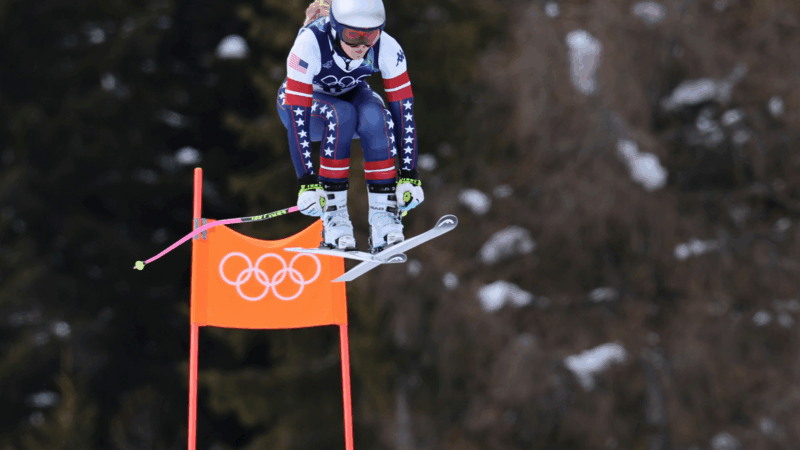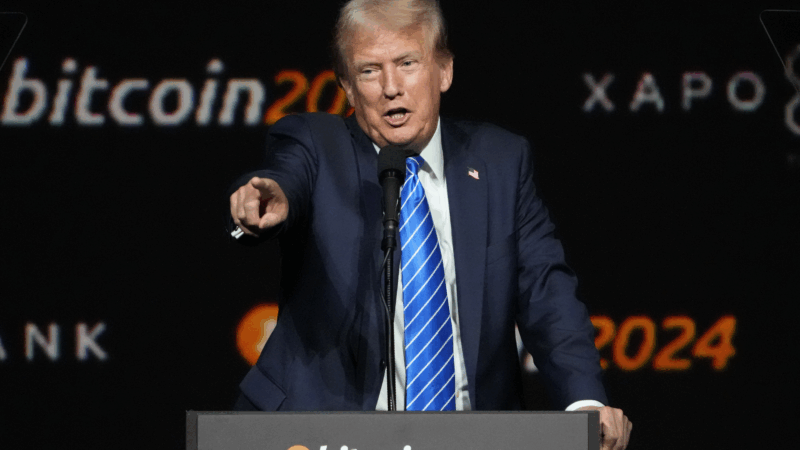Wisconsin’s 1849 law does not ban abortion, the state Supreme Court rules
MILWAUKEE – Supporters of reproductive rights are celebrating a win in Wisconsin. After years of litigation over an 1849 law that conservatives argue criminalizes abortions in the state, the Wisconsin Supreme Court ruled that the law does not ban abortion.
This means abortions can continue in the state.
It marks the end of a saga that began when Roe v. Wade was overturned in 2022, ending federal constitutional protections for abortion. While it was clear in some states that abortion would be banned, and in others that abortion would be protected, Wisconsin found itself in a legal gray area.
Because of the 1849 law, abortion providers in the state stopped offering the procedure. But Democratic Attorney General Josh Kaul sued at the time, challenging the law, and the issue of how to interpret the 1849 statute has been in the courts since June of 2022.
In December 2023, the trial court found that the law doesn’t outlaw abortions, that it is actually a feticide law that makes it illegal to attack and kill a woman’s child without her consent. Since that ruling, people have been able to get abortions in Wisconsin, up to 20 weeks or beyond if necessary to save the life or health of the mother, according to a law passed in the 1980s.
The ruling, the dissent and what’s next
On Wednesday, the Wisconsin Supreme Court ruled—along party lines—that the law does not ban abortion. The court has a 4-3 liberal majority, which it maintained after some highly publicized and heavily funded elections for its open seats in 2023 and 2025.
In its ruling, the majority found that the Wisconsin Legislature functionally repealed the 1849 law by later laws regulating abortion. “We conclude that comprehensive legislation enacted over the last 50 years regulating in detail the ‘who, what, where, when, and how’ of abortion so thoroughly covers the entire subject of abortion that it was meant as a substitute for the 19th century near-total ban on abortion,” writes the majority.
In a dissenting opinion, conservative Justice Annette Ziegler writes, “the majority picks and chooses which abortion statutes remain in force,” and calls the opinion “a jaw-dropping exercise of judicial will.”
The court also accepted—but did not order oral arguments on—a separate case from Planned Parenthood of Wisconsin that argued the statute is a ban and that it’s unconstitutional. Planned Parenthood had posited that the 176-year-old law conflicts with the provisions in the state constitution establishing a right to life, liberty and the pursuit of happiness as well as equal protection. So, the constitutional question goes unresolved, according to Bryna Godar, a staff attorney with the State Democracy Research Initiative at the University of Wisconsin Law School.
“And so, I think there will be continued conversations about what constitutional protections we have in Wisconsin,” says Godar. She says that could be future court cases or constitutional amendment ballot questions.
Right now, citizens don’t have a way to initiate constitutional amendments via ballot measures in Wisconsin; only the Legislature can do that. Wisconsin currently has a divided government, made up of a GOP-controlled Legislature and a Democratic governor. So, it’s unlikely that the legislature will initiate any ballot questions to establish constitutional protections for abortion within the next year or, conversely, that the Democratic governor would sign any additional bans into law.
But all this could change after the 2026 midterm elections in Wisconsin, when many state legislative seats and the governor’s office will be up for grabs.
In this Icelandic drama, a couple quietly drifts apart
Icelandic director Hlynur Pálmason weaves scenes of quiet domestic life against the backdrop of an arresting landscape in his newest film.
After the Fall: How Olympic figure skaters soar after stumbling on the ice
Olympic figure skating is often seems to take athletes to the very edge of perfection, but even the greatest stumble and fall. How do they pull themselves together again on the biggest world stage? Toughness, poise and practice.
They’re cured of leprosy. Why do they still live in leprosy colonies?
Leprosy is one of the least contagious diseases around — and perhaps one of the most misunderstood. The colonies are relics of a not-too-distant past when those diagnosed with leprosy were exiled.
This season, ‘The Pitt’ is about what doesn’t happen in one day
The first season of The Pitt was about acute problems. The second is about chronic ones.
Lindsey Vonn is set to ski the Olympic downhill race with a torn ACL. How?
An ACL tear would keep almost any other athlete from competing -- but not Lindsey Vonn, the 41-year-old superstar skier who is determined to cap off an incredible comeback from retirement with one last shot at an Olympic medal.
Trump promised a crypto revolution. So why is bitcoin crashing?
Trump got elected promising to usher in a crypto revolution. More than a year later, bitcoin's price has come tumbling down. What happened?







